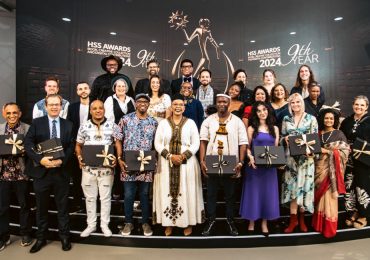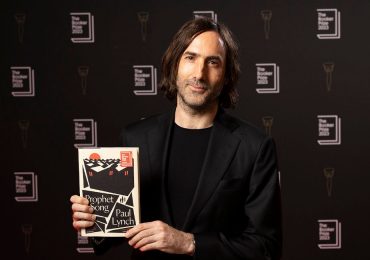The United Kingdom release of Henrietta Rose-Innes’s latest novel, Green Lion, is imminent, and to mark the occasion she has written a thoughtful essay on South African literature for the Times Literary Supplement.
The piece is titled ‘The tremors through South African literature‘, and in it Rose-Innes reflects on developments in the local writing world since 1994.
‘The past twenty years have been an interesting time to come of age as a novelist in South Africa,’ she writes.
Rose-Innes, who is a Johannesburg Review of Books Editorial Contributing Editor, writes about the isolation she felt as a creative writing student in the late 1990s, a time when despite ‘extraordinarily rich literary production’ South African literature enjoyed very little widespread popular interest.
But although she admits the publishing scene has remained stubbornly white-dominated, Rose-Innes believes another shift is underway:
Nelson Mandela left office in 1999, and once again it has taken writers a good few years to process the disenchantment and desire for real transformation that set in after the rosy “rainbow-nationism” of the Mandela era waned. But now that shift is well upon us. Race is, as always in South Africa, the issue, and through all the country’s changes, the publishing establishment has remained stubbornly white-dominated. In conjunction with the past two years’ fierce student activism for the “decolonisation” of universities, a movement to “decolonize” literature has taken root. A new festival, the Abantu Books Festival, specifically for black writers and readers, was founded last year by the author Thando Mgqolozana, and will take place for the second time in December, in Soweto. Blackbird Books, likewise, is a new publishing imprint for exclusively black writing. Most significantly, there is a cohort of younger writers who have taken their places on the literary stage – Niq Mhlongo, Yewande Omotoso, Kopano Matlwa, Zukiswa Wanner, Nadia Davids, Masande Ntshanga and many others. In 2016, Lidudumalingani Mqombothi won the Caine Prize for African Writing, the third South African in the prize’s eighteen-year history.
These transformations are turbulent, hopeful, at times confrontational, at times euphoric – and long overdue. South African writers may take a decade or two to process our radical shifts, but we get there in the end.





